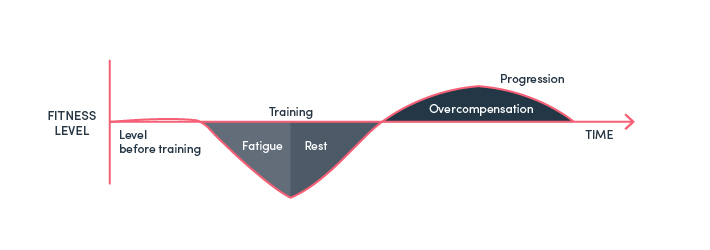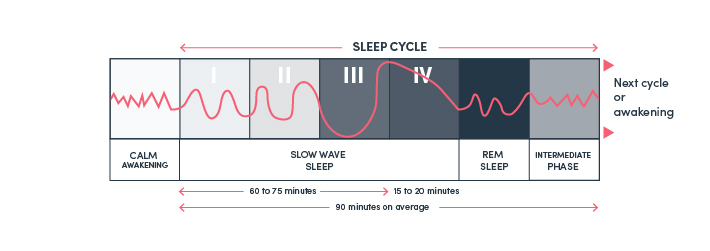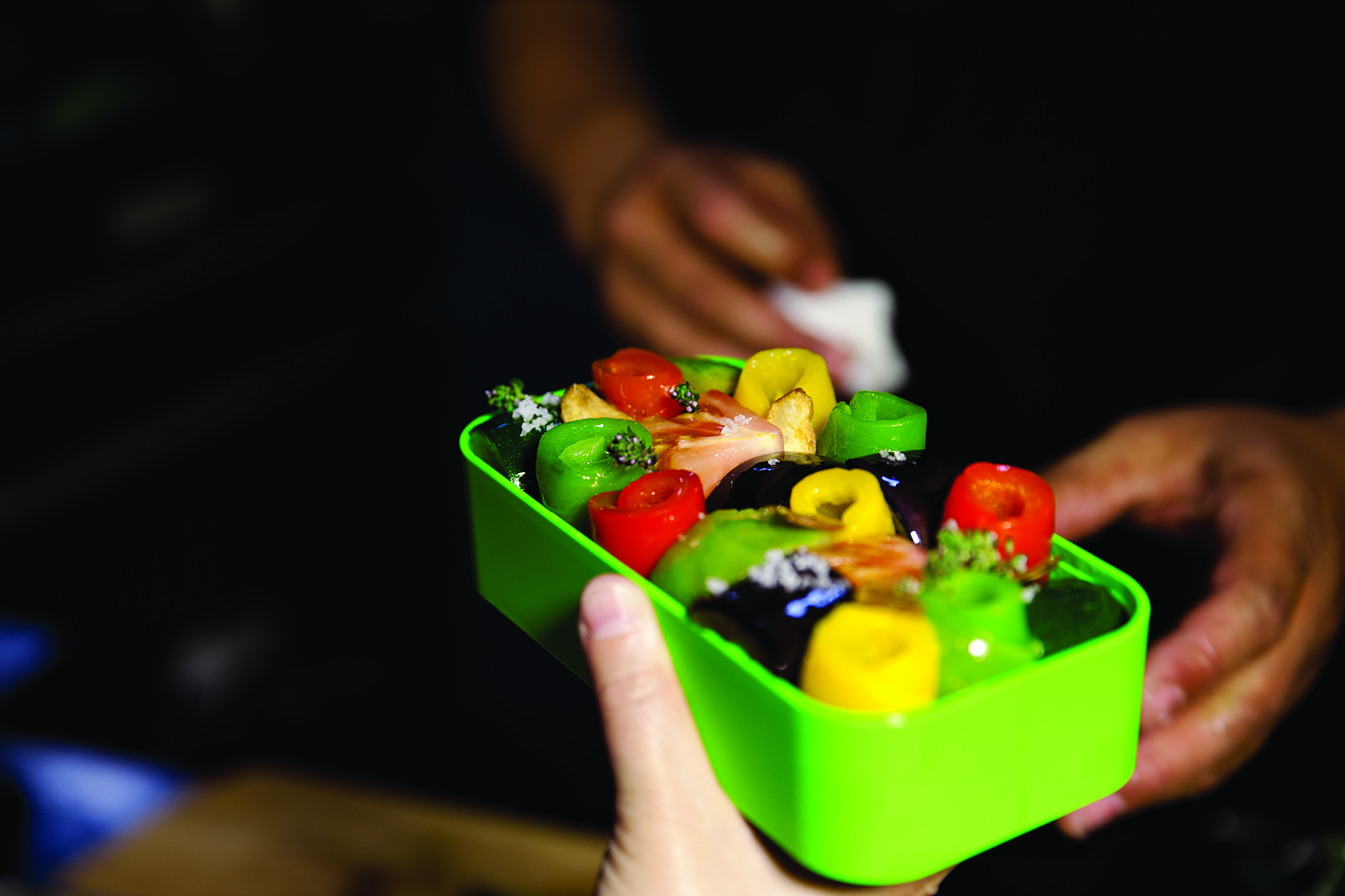

“Resting is part of training”. This principle although extremely simple and often misinterpreted, leads us to many questions. Far from being existential, they are nevertheless essential to optimize our daily, weekly, or even longer term training. There are a number of things to put in place to optimize the training results. We can speak of hidden training.
What is invisible training?
If it may first appear to be a “wait and see” notion, it is actually by being vigilant about small details that invisible training makes sense and allows a real optimization of the workout. It is these details that, all together, will allow to manage recovery, improve performance, and even prevent injuries in some cases.
How to improve without training?
By listing things on which we can act, we can highlight some more relevant than others.
Rest
Alterning resting and training phases is necessary for the body to assimilate the workout. Resting, helps the body adapt to the demand by modifying its various muscular, tendons, heart, respiratory or even mental structures. Resting helps overcompensation which is the key to improve and prevent overtraining, a source of injury. It is sometimes by doing “nothing” that we become better.

Sleep
We all have an internal clock that determines our waking and sleeping rhythm. Without going into details with the sleep cycle, the time of falling asleep has an influence on the quality and the quantity of sleep. The best sleeping time is between 23:00/7:00… We used to say that hours of sleep before midnight count double. It is hard to confirm, but for sure, lack of sleep is a factor of lower physical aptitude.

Taking naps remains one of the best allies for athletes to increase their sleep capital and help the body to recharge batteries.
Nutrition
After a physical activity, we have the so-called “metabolic window”. This is a period of time during which the body assimilates easily the nutrients it ingests. This time lasts for about 2 to 4 hours.
“If you do not recharge within one to three hours after the match, you will need 3 days for a complete recovery. Not recharging within three hours after the match, is a loss of 30% of your tank capacity, that will be recovered in three days… With one game every three days… On the 3rd match, you are already in the red … “(Marouane and Auffret – 2007).
Eating the right food, in the right metabolic time slot allows to anticipate the recovery. The quality of food you offer to your body is one of the key points on which you deserve to make a special effort.

In terms of hydration, just a quick little reminder: 1% of water body weight loss decreases your energy efficiency of about 10%. So, in terms of water intake, it matters not only “before” or “during” training, if it lasts longer than one hour, but more likely “after” training.
Body care
“The stronger the body the more it obeys, the weaker the body the more it commands”. Taking care of your body is a guarantee for the future. This means listening to your body, not letting minor wounds become injuries that will require full suspension of physical activity.
There are multiple techniques available to help athletes taking care of their body (doctor, physiotherapist, osteopath, podiatrist, etc). Setting up a “body care” routine allows the athlete to become the actor in the maintenance of his most beautiful asset: his BODY.
To conclude on this first awareness of an “intelligent” training, we can define “invisible training” as an optimization of all these “little things” that are around the training. Improvement does not just result from following a strict training plan but also from all these details that help optimize time spent in practice for a defined objective.
Thomas
More about Thomas: http://www.thomas-lorblanchet.com/fr/
